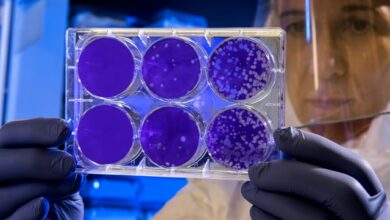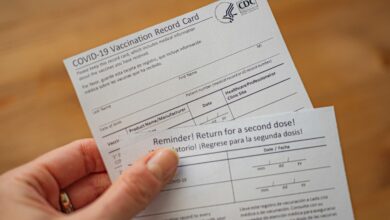Can Vitamin D help with Symptoms of COVID-19?

As the rates of COVID-19 continue to climb, the health of your family is your top concern. There are numerous rumors floating around regarding what works and what does not to treat the symptoms of this acute respiratory illness. Vitamin D is one of the potential treatments, but it is important to determine if it works before you invest in the vitamins.
What is Vitamin D?
In the US alone, it is estimated that approximately 42 percent of people are deficient in this vitamin. The sun’s ultraviolet rays are the most efficient way to get enough of this vitamin, but many Americans do not spend enough time in the sun, or they do so while using sunscreen which can inhibit how much of this vitamin that you get via this method.
There is a cholesterol hosted by your skin that acts as a precursor for this vitamin. When it experiences exposure to the sun’s UV-B radiation, it transforms into this vitamin. Compared to the D vitamin that you get from supplements or food, when it comes from the sun, it is believed to circulate twice as long, making it more effective at combating deficiency.
Can This Vitamin Benefit Coronavirus Symptoms?
Researchers throughout the world have been looking into different vitamins and their effects on COVID symptoms, and D is one of them. Some research concluded that countries with a higher population deficient in this vitamin also have a higher coronavirus death rate. The patients that become the sickest tend to have the lowest D vitamin levels.
Scientists are still theorizing why this may be the case. However, one theory is that when you have sufficient levels of this vitamin, it may reduce your risk of experiencing a cytokine storm. This phenomenon is characterized by the body attacking its own tissues and cells as a result of the immune system overreacting.
At this time, the US Federal Government’s website that lists clinical trials has at least eight studies exploring the possible link between this vitamin and symptom severity. While the opinions of scientists are mixed, it is said that getting more of this vitamin as a precautionary measure will not cause any harm.

Costco Shoppers Are Raving About This Affordable Dark Spot Cream
Ad -Vibriance
Past Pandemics and This Vitamin’s Impact
Some researchers looked back into the influenza pandemic that occurred between 1918 and 1919. They discovered that among patients who did not have a deficiency with this vitamin, they were more likely to survive the illness. In fact, research into other respiratory infections are showing similar results when comparing the death statistics and the statistics regarding those who were deficient in this vitamin when they became ill.
Current Research and Its Findings

No More Frequent Finger Pricks to Test Blood Sugar
Ad -Shirem
The cells in the immune system tend to develop less inflammation when your D vitamin levels are within a healthy range. This can help with modulation so that your immune system works better overall. The following sums up recent studies that looked at the link between COVID and this vitamin:
• In the UK, researchers explored 20 European countries for a link. They discovered that among those countries with low average levels of this vitamin, there were more COVID-related deaths.
• Texas and Louisiana researchers performed a small study on 20 patients who were hospitalized with this respiratory illness. They discovered tat 11 of the patients that required admittance into the ICU were deficient in this vitamin.
• Researchers at Northwestern University estimated based on their findings that there is a higher risk of severe COVID infection among those with deficient D vitamin levels. They believe that this is due to a possible link between C-reactive proteins and this vitamin deficiency. Other research has shown that these proteins act as a type of surrogate marker for potentially more severe COVID symptoms.
• Researchers in Indonesia explored 780 COVID cases that were documented. The majority of these patients who died had D vitamin levels that were below the normal range.
With all of the information about there regarding potential treatments for COVID, it is important to always talk to your doctor before you try something new. This will help to ensure that you are making the right choices for yourself and your family. Should you want to supplement with this vitamin, ensure that you are taking a safe dose that is approved by your doctor.





